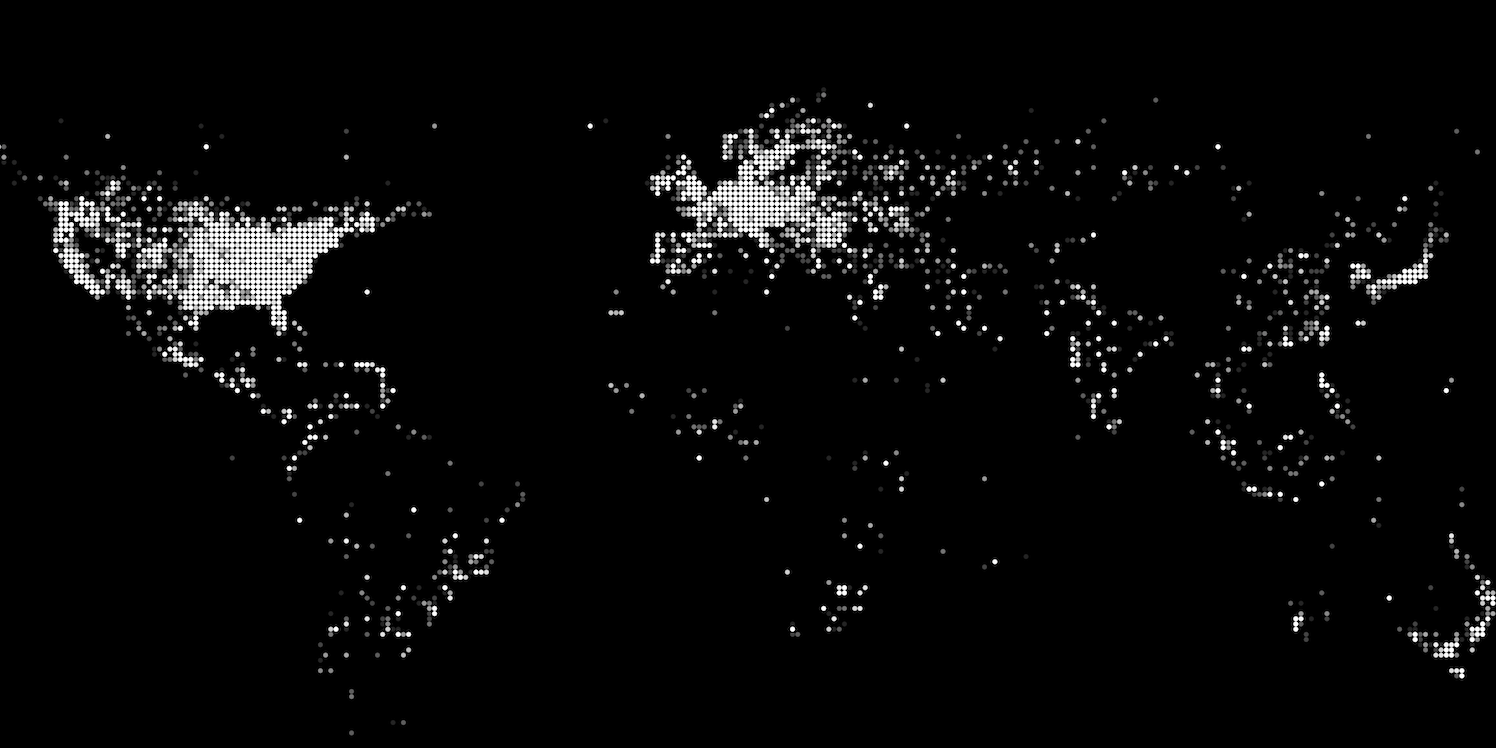Why Net Neutrality Matters

The Internet is becoming the town square for the global village of tomorrow.
— Bill Gates
The internet is one of humanities greatest accomplishments and resources. It provides us with:
- Connectivity, communication, and sharing - access to every human being also connected to it; billions of other people. People can communicate and collaborate across space and time - across the entire world.
- Information, knowledge, and learning - some believe that all human knowledge is accessible on the Internet. You literally have access to billions of pages of information.
- Entertainment - Essentially an unlimited supply of games, plays, shows, movies, books, magazines, etc.
- Digital economy - it enables new business models and makes older business models more efficient. Here are a few examples:
- Internet of Things
- Cloud Computing
- Search
- Social Media
- Global Workforce
Internet Access Should be Encouraged by Government
Internet access is so fundamentally important that many people believe that Internet access should be a legal right. The British government has said that it will guarantee a legal right to high-speed internet for all homes and businesses in the U.K. by 2020 under the Digital Economy Act of 2017.
Regardless of your belief in the Internet as a legal right, we should all be able to agree that access to the Internet promotes the digital economy and improves the lives of all citizens.
Once, the most valuable resource in the world was though to be the Royal Library of Alexandria. It was one of the largest and most significant libraries of the ancient world. The library was created by Ptolemy I Soter, who was the successor of Alexander the Great.
The library functioned as a major center of scholarship from its construction in the 3rd century BC until the Roman conquest of Egypt in 30 BC, with collections of works, lecture halls, meeting rooms, and gardens.
Arguably, this library is most famous for having been burned down resulting in the loss of many scrolls and books; its destruction has become a global symbol for the loss of human knowledge.
Why Regulation is Needed
Access to the Internet is provided by (or controlled) by Internet Service Providers (ISPs). One must pass "through" an ISP to reach the Internet.
Imagine a bridge that leads to the Library of Congress. The only way to enter the library is to pass over the bridge. The bridge owner could allow all to pass freely. Or, the bridge owner could:
- Only allow people who drive Ford cars to pass.
- Ask for your personal information and then sell that data to others who want to advertise to people who visit the Library of Congress.
- Force you to show what books you have checked out, and stop you from passing if you check out certain books.
- Insert advertising into your books after inspecting them.
- Make assumptions about you from the material you browse or check out. These assumptions about your age, religion, sexual preferences, etc. could be sold to others to use for advertising certain products, or targeting you with specific news stories.
- Decide people of your race, color or religion are not allowed to pass.
Regulation is needed to
- Protect Your Privacy
- Provide Information Security
- Promote access to all citizens
